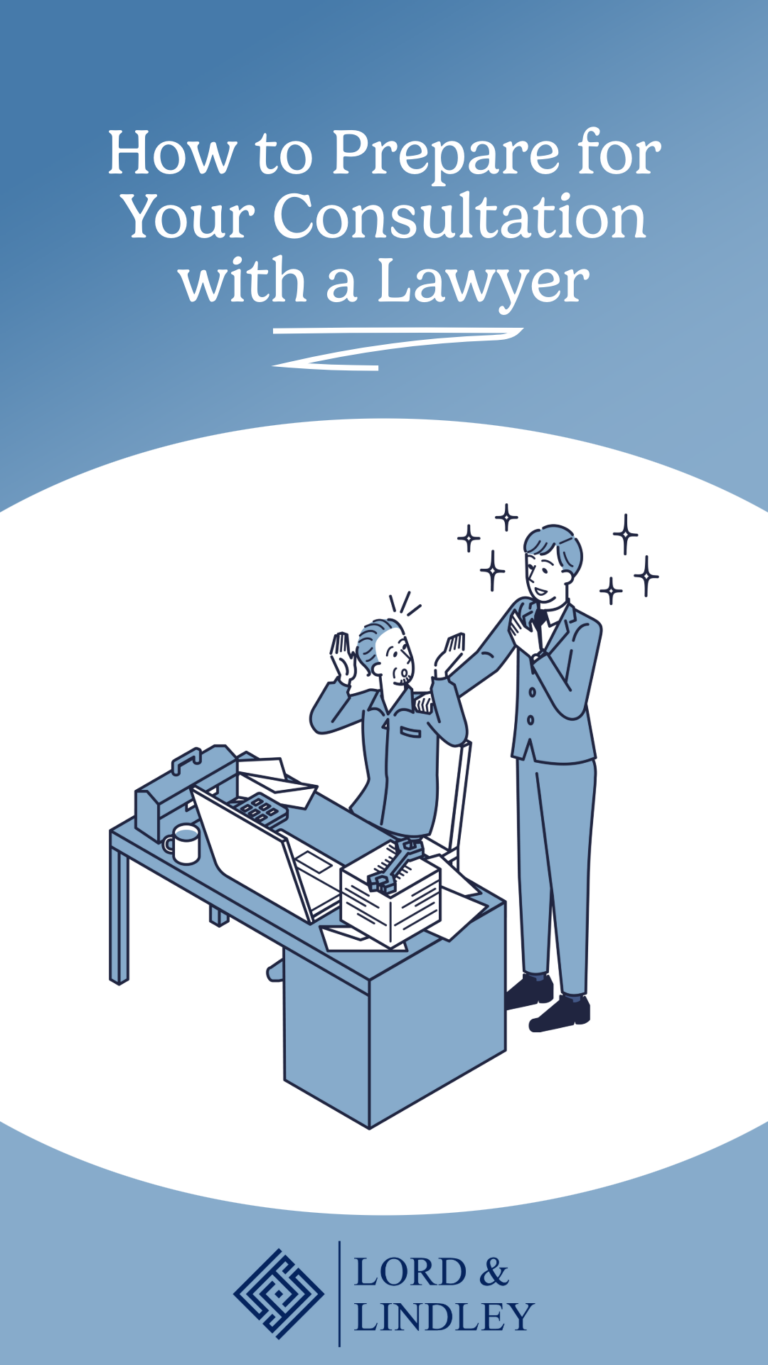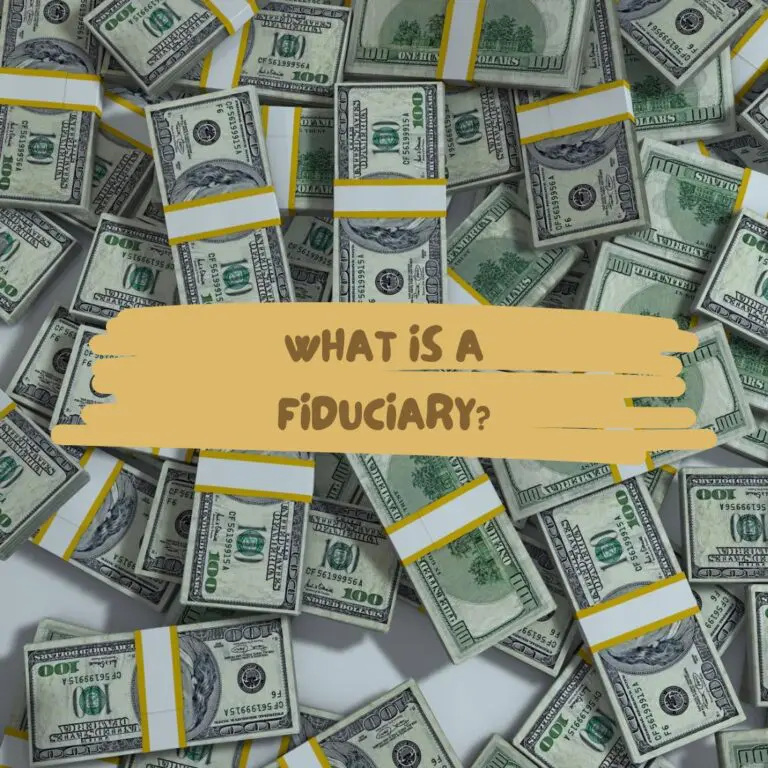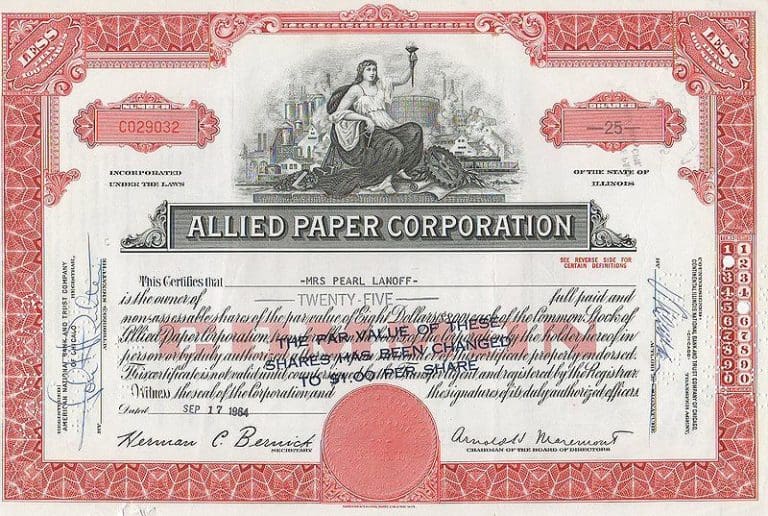Civil Litigation
Meeting with a lawyer for the first time can feel overwhelming, but being prepared can help you make the most of your consultation. Whether you need guidance on a trust and estate matter, fiduciary litigation, or a shareholder dispute, the right preparation can ensure a productive and efficient meeting. Here’s how to get started: 1.…
Read MoreThese days, many financial advisors are promoting themselves as fiduciaries. But what exactly does that mean? And how can it benefit you? What is a fiduciary? A fiduciary is someone who has a legal obligation to act in the best interests of another person. This means that they must put your needs before their own.…
Read MoreFamous TV doctor Mehmet Oz—better known as “Dr. Oz”—recently accused his sister, Nazlim, of forging their late father’s will and stealing millions from his estate. A 2008 will left all of Mustafa Oz’s assets to the Mustafa Oz Foundation, a United States organization, and left Dr. Oz in charge of the foundation; however, Nazlim presented a…
Read MoreNFTs—or non-fungible tokens—have been making headlines in recent months as the newest investment craze. “At a very high level, most NFTs are part of the Ethereum blockchain. Ethereum is a cryptocurrency, like bitcoin or dogecoin, but its blockchain also supports these NFTs, which store extra information that makes them work differently from, say, an ETH…
Read MoreIn early February, Earth Fare announced it would be closing all of its stores, likely meaning each of its 3,000 employees would be laid off. In response, two employees of the Asheville-based grocery store chain filed a class-action lawsuit alleging Earth Fare violated the Worker Adjustment and Retraining Notification Act (the “WARN Act”). Generally, the…
Read MoreIn B.V. Belk, Jr. v. VRS Magnolia Plaza, LLC, the North Carolina Court of Appeals addressed the question of when an easement can be implied by prior use. An easement is an individual’s right to use the land of another individual for a specific purpose. Frequently, easements are created by the express agreement of the…
Read MoreThe Bunker Hill Covered Bridge is a well-known historical landmark in Claremont, North Carolina, originally built in 1895. The bridge was damaged due to excessive rain, flooding, and erosion in the area, which prompted the Historical Association of Catawba County (the “Historical Association”) to hire NHM Constructors, LLC (“NHM”) to repair the bridge. A dispute…
Read MoreIn North Carolina, as in all states, a shareholder or owner of a business is generally not personally liable for the debts of the business. Additionally, Business A is generally not liable for the debts of Business B, even if the two businesses are associated entities. However, a recent North Carolina Court of Appeals decision…
Read MoreMusician Miley Cyrus, record label RCA Records, and songwriter Michael May (a/k/a Flourgon) settled the parties’ dispute over Cyrus’s hit song “We Can’t Stop.” Flourgon alleged Cyrus’s hit unlawfully infringed copyrighted material in his previously recorded song “We Run Things.” What does the U.S. Copyright Act of 1976 (the “Copyright Act”) provide regarding music, and…
Read MoreNorth Carolina recognizes a cause of action for tortious inference with expected inheritance. This cause of action can be confused with tortious interference with prospective economic advantage, which occurs in the context of a contract or potential contract. Conversely, tortious interference with expected inheritance occurs in the context of a will or estate, rather than…
Read More








